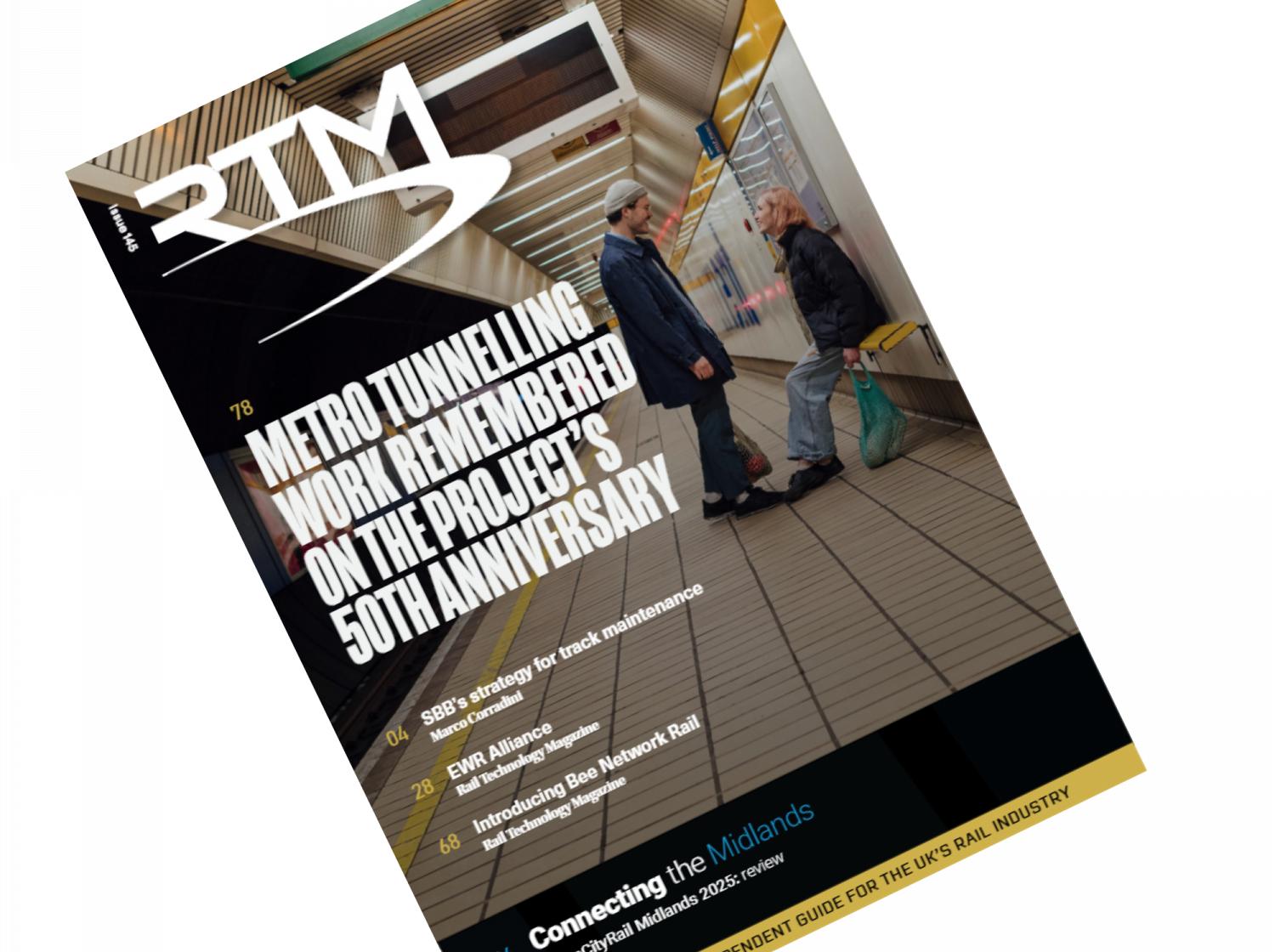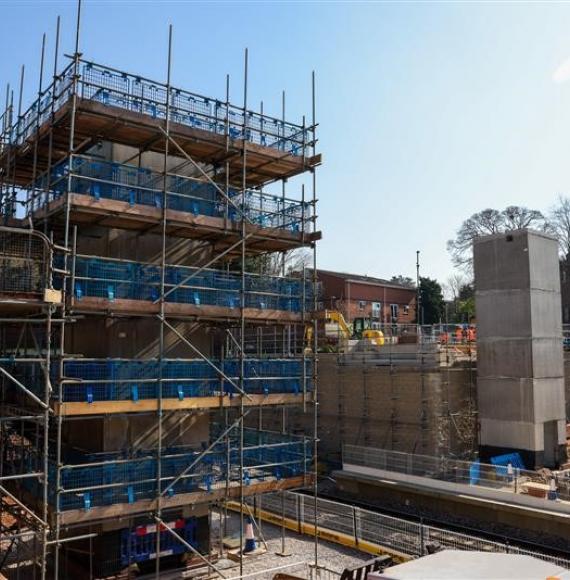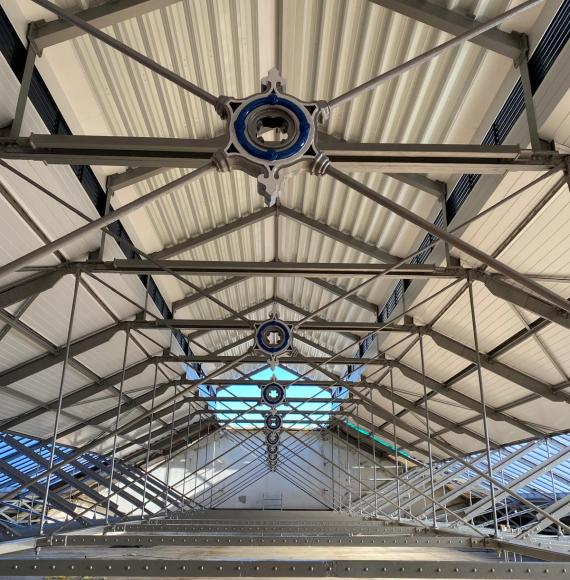Two major upgrade projects, intended to improve vital Local Distribution Centres (LDCs) in Eastleigh and Bescot, have just been completed by GB Railfreight (GBRf).
The project is worth over £1.5m and has been funded by Network Rail. Both LDCs serve as a focal point for the shunting, marshalling and preparation of trains required to support crucial engineering works.
Asset Director of GB Railfreight, David Golding, said “our partnership with Network Rail has seen the completion of both projects on time and within budget, providing the facilities needed to ensure the smooth running of LDCs, which are a vital part of our infrastructure system in the UK.”
He continued, "this work will help to bring LDCs into the twenty-first century, as we see demand for UK-wide possession and support services increase post-pandemic.”
Developments undertaken on Eastleigh LDC, Hampshire, have been ongoing for the last 2 years, with GBRf replacing old cabins with updated facilities that offer full recreational capability, offices for management, a meeting room, as well as a vantage point that oversees the yard.
The West Midlands based, Bescot LDC has also undergone a sequence of developments – backed by Network Rail Supply Chain Operations (SCO) and the Network Rail Freight Safety Improvement Fund - to repair and renew underinvested and unsafe track at the site.
The initiative involves the removal of abandoned buildings, lighting upgrade works, the installation of Armco crash barriers, new safe walking routes and safety steps, and the reinstatement of siding, which has been derelict for many years by using recycled rail and sleepers.
Supply Chain Services Director of Network Rail, Mike Black, said “local distribution centres may not instinctively sound like the most critical part of running a railway, but they’re absolutely vital to maintaining and renewing the railway, and keep our passengers and freight moving.”
He added, “the improvements delivered at Eastleigh and Bescot are part of our wider strategy to modernise supply chain operations sites in order to make working practices even safer and more efficient while also improving performance.”
The rail freight operator also started a car park overhaul, to optimise the potential parking for those working on site.
















